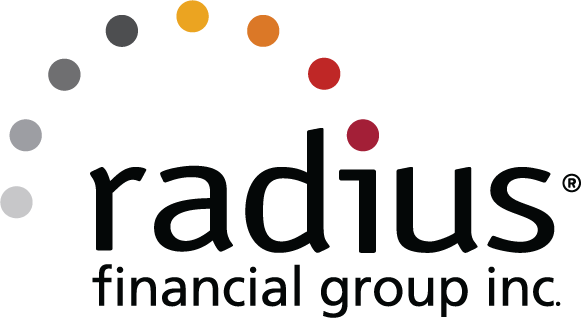Real estate in Florida doesn’t begin and end with upscale condos in major cities. In fact, the vast majority of land in the state is considered rural and eligible for a USDA home loan. USDA home loans provide an affordable path to homeownership for anyone interested in buying outside of cities. Read on to see whether a USDA home loan is right for you.
What Is a USDA Home Loan?
For more than 25 years, the U.S. Department of Agriculture has been administering USDA home loans as a way to rejuvenate rural America and make homeownership more accessible to low- to medium-income households. There are two main types of USDA home loans: direct and guaranteed.
- USDA direct loans are meant for low and very low-income applicants. They provide direct payment assistance to qualified applicants as a way to reduce mortgage payments.
- USDA guaranteed home loans are 30-year, fixed-rate mortgages backed by the U.S. Department of Agriculture. Government backing allows lenders to offer low interest rates and enables borrowers to put as little as zero money down. Applicants will need to locate a participating lender like radius financial group in order to take advantage of a USDA guaranteed loan.
It’s important to emphasize that these loans are not just for farmers. Any property located in a designated rural area is eligible. In this case, rural typically refers to counties with populations of 10,000 or less.
There are several benefits associated with USDA guaranteed home loans, including low interest rates, affordable mortgage insurance, and up to 100 percent financing, which means you can put zero money down with the purchase of mortgage insurance. The combination of these benefits can make homeownership achievable for many who might otherwise struggle to purchase a home.
Who Is Eligible for a USDA Home Loan in Florida?
In order to qualify for a USDA home loan, the property you’re interested in must be located in a designated rural area. You can check a property’s eligibility by looking up its location on the eligibility map.
Once you’ve determined that the property is located in a rural area, you need to make sure your household income doesn’t exceed the county income limit. The combined income of every adult in your household must not exceed 115 percent of the median household income in the area. To check the income limit in your area, you can refer to the USDA website.
Other eligibility requirements for USDA guaranteed home loans include:
- The property must be used as a primary residence.
- You must be a U.S. citizen.
- You should have a credit score of 640 or higher (some lenders may allow for lower scores with a higher down payment).
- Monthly debt payments must not be more than 31 percent of your monthly income, and debt payments plus your monthly mortgage payment must be below 43 percent of your monthly income.
There are no loan limits for USDA home loans, but borrowers are restricted by the income limit in their area.
Is a USDA Home Loan Right for You?
If you meet all of the above requirements, a USDA home loan might be a great way to achieve homeownership. For those who don’t have the savings for a large down payment but are interested in an eligible property, 100 percent financing can enable a home purchase right away. With a conventional loan, borrowers typically have to put a minimum of 3 percent down, which could be a significant amount of money depending on the home’s purchase price. And the down payment doesn’t include closing costs or other associated fees related to the home-buying process, which can quickly add up.
Of course, a major factor in determining whether a USDA home loan is right for you is your desired location. Do you need to be in or near a city for work? Or can you do your job remotely? Rural properties are great for remote workers, retirees, small business owners, farmers, or anyone who thrives in nature.
If you’re still unsure whether a USDA home loan is right for you, a loan officer would be happy to talk you through your options.
Take the First Step Toward Homeownership
The path to homeownership can seem overwhelming at first, but you don’t have to do it alone. Equip yourself with advice from our loan officers who have helped countless others finance their first homes. Our mortgage prequalification preparedness guide can help you avoid common pitfalls and successfully navigate the home-buying process.

